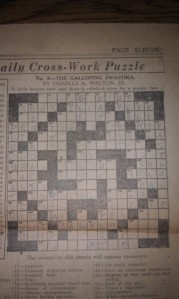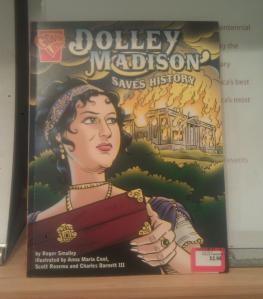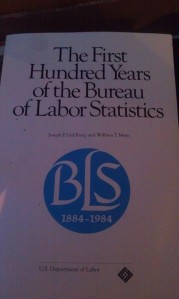“THESE ARE NO HEAVY BIOGRAPHIES.”
Featherweight and fiction-heavy, the potboilers and bodice-rippers that line our summer picnic baskets and beach bags have been around longer than you might imagine:
Today, this 19th-century focus on lightness seems amusingly explicit. But while these days we take holiday reading for granted, those all-caps advertising claims reflected what were then relatively new theories of vacationing. Each trip needed to be both relaxing and fun, if for no other reason than to prepare you to work harder, once your vacation ended. In the same way, readers in the second half of the 19th century wanted their vacation reads to be effortless. The Chicago Tribune, just before it unveiled its favorite summer reads for 1872, put it this way: The best summer book was one “the idler can take with him into solitude, and read with delightful pauses, when with indolent finger upon the page, his eye wanders up some green vista, or catches some view of the distant sea, and his ear is soothed with the distant murmur of the winds and waves.”
In distinctly American fashion, even our vacation idleness was carefully planned to maximize utility: We work hard and must, therefore, rest harder. The nineteenth century’s Dan Browns and Daniel Steels walked that formula briskly to the bank.
And then, briefly, came the scolds:
For summer resorts, this led to a new commitment to virtuous and proper vacationing. (Towns along the Jersey Shore began posting the following notice: “Do not go through the streets in bathing costumes. It is coarse and vulgar, and is in violation of the city ordnance.”) And in terms of summer reading, it led to a backlash against purely pleasurable books. “It has come to be an accepted notion that in summer a person’s reading must be as light as his hat and as thin as his coat,” one critic observed in the Globe in 1890. “This belief is largely responsible for the vast amount of utterly empty literature that is dumped upon the newsstands and book counters of the country.”
This critic went on to bash both summer readers (“People who read summer literature in the summer read it all the time”) and summer reading (“Such books paralyze thought, sap the intellect, and, in time, drain the brain as empty as themselves”). Similar articles cropped up everywhere: Summer reading was now too slight, too wasteful, too enfeebling, no matter how warm the weather.
Poll a random section of the Ocean City beachfront in July. Tell me who won that culture war.


